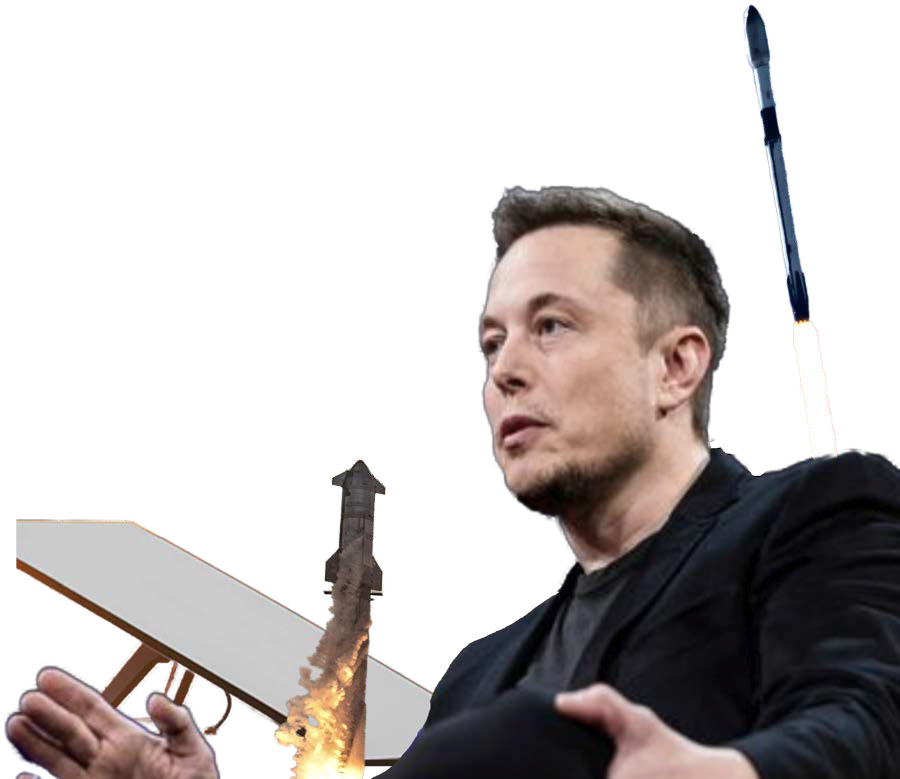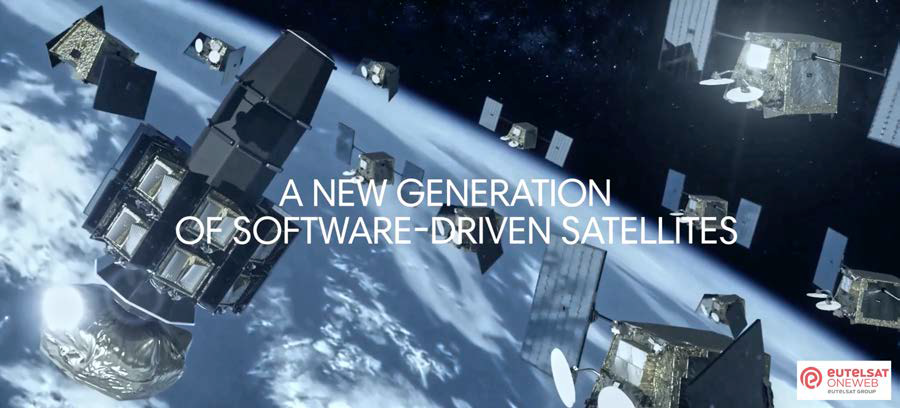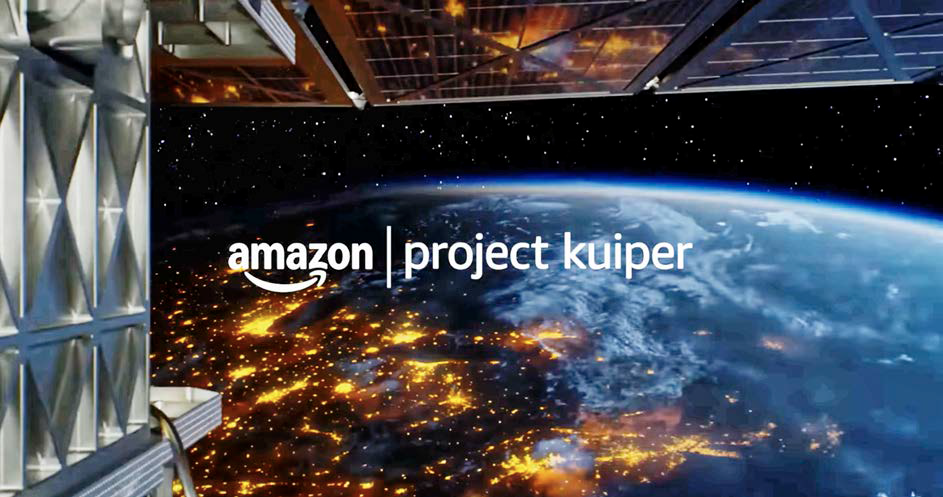Chris Forrester, Senior Columnist
Let’s be clear: the past few years have seen Elon Musk achieve what many thought was impossible. He has (perhaps had) a best-selling car business, a satellite-based broadband system that is winning friends mostly everywhere, and a rocket launch system that is the envy of the world. The jury is still out on ‘X’ (formerly Twitter).
But his antics these past few weeks risk alienating even his most fervent fans. Indeed, it is fair to ask whether Musk is paying the price for mixing politics and business?

Gwynn Shotwell One might say “thank goodness” for Gwynn Shotwell (running SpaceX) and her unquestionable expert team of engineers and technicians. And perhaps the same applies at Tesla (where James Murdoch sits on the board) and people like Tom Zhu and Vaibhav Taneja run the business in Musk’s absence at the White House.
But, day after day comes bad news for Musk. Tesla’s stock price has suffered and its reputation is in rapid decline. Tesla’s car sales are collapsing in Europe (down 45% on average but more than 60% in Germany and France), Australia and especially Canada. His showrooms are experiencing protests, and in some cases those dealerships have been torched. Common sense tells you that these protests have a habit of fizzling out, but sales are suffering.
We are more concerned about Starlink and SpaceX. The partial failure of his Starship on March 6th reminds this writer of the famous Oscar Wilde quote which I paraphrase as: “To lose one rocket may be regarded as a misfortune, to lose two looks like carelessness.”
Rocket building and launching is a business totally full of risk, and Musk’s approach has been to ‘learn though experience.’ SpaceX’s comments following the March 6 flight sums up SpaceX’s philosophy:
“With a test like this, success comes from what we learn, and today’s flight will help us improve Starship’s reliability. We will conduct a thorough investigation, in coordination with the FAA, and implement corrective actions to make improvements on future Starship flight tests.”
However, the failure was a setback and may point to a more fundamental issue with the Starship.
 Analysys Mason, in a webcast, said, “Geopolitics are causing turbulence in the satellite communications (satcom) sector, but Europe is stepping up its space connectivity plans in terms of its commercial and sovereign solutions. The conversation touches on the potential for a Europe-backed constellation to replace Starlink in Ukraine specifically and the strategies that European space players will follow.”
Analysys Mason, in a webcast, said, “Geopolitics are causing turbulence in the satellite communications (satcom) sector, but Europe is stepping up its space connectivity plans in terms of its commercial and sovereign solutions. The conversation touches on the potential for a Europe-backed constellation to replace Starlink in Ukraine specifically and the strategies that European space players will follow.”
SpaceX is financed by a mix of fees from commercial launches as well as subscription fees from Starlink. But there are problems. New customer business is slowing down. The Europeans are scrambling to replace their current dependence on Starlink. French satellite operator Eutelsat is in detailed talks with the European Union (EU) to replace Starlink as Ukraine’s primary service for military communications, company CEO Eva Berneke said on March 6th and repeated during early April.
“Everyone is asking us today, ’Can you replace the large number of terminals of Starlink in Ukraine,’ and we are looking at that,” said Berneke.
Eutelsat already operates in Ukraine and currently has “thousands” of OneWeb terminals, although not all are connected, Berneke explained. She said discussions with suppliers are underway and that it will take a “couple of months” to deploy 42,000 military grade terminals—the approximate number of Starlink units said to be in use in Ukraine.
Berneke said Eutelsat will need European Commission (EC) financial and logistical support to quickly ramp up the number of terminals in the country. Eutelsat says that, even with only 630 or so LEO satellites (compared to Starlink’s 7,000+), backed up by 35 linked satellites in higher, geostationary orbit, it offers the same capabilities as Starlink in Europe. Starlink promises broadband at up to 200 megabits per second, Eutelsat, 150.
The positive Ukrainian reports helped propel Eutelsat shares upward. Eutelsat rose 18 percent on March 6th, bringing gains over four share trading days to near 650 percent.
The vexed position of reliable communications in Ukraine is crucial. Ukraine’s fixed-line and mobile networks have been badly damaged by bombing since Russia invaded in February of 2022, and Starlink has helped Kyiv to fill the void by sending tens of thousands of its dishes with terminals.
 Most are used by Ukraine’s armed forces, which also have to contend with heavy signal jamming and interception of communications on the front lines. Ukrainian units often talk to each other via Starlink, and its services have become virtually indispensable for battlefield command and control.
Most are used by Ukraine’s armed forces, which also have to contend with heavy signal jamming and interception of communications on the front lines. Ukrainian units often talk to each other via Starlink, and its services have become virtually indispensable for battlefield command and control.
Originally, SpaceX helped to fund provision of Starlink to Ukraine. The U.S. government then took over, though in February, Poland said it had been paying Ukraine’s Starlink subscription and would continue to do so.
The Italian government is also expressing growing doubts about closing a €1.5 billion ($1.6 billion) deal with Elon Musk’s Starlink in light of the U.S. pullback from commitments to European security. The issue came up at a meeting with ministers on March 4th, when Italian Prime Minister Giorgia Meloni said changing geopolitics required looking for viable SpaceX alternatives, according to people familiar with the issue.
The news coincides with Canada declaring that the tariffs dispute with the U.S. could lead to Starlink losing business in Canada, its second-largest customer, with around 533,000 connections
 Ontario announced a $100 million partnership last November to offer Starlink to 15,000 homes and businesses in rural and northern areas, a deal that was cancelled on March 4th. “We won’t award contracts to people who enable and encourage economic attacks on our province and our country,” the Ontario premier said at a press conference.
Ontario announced a $100 million partnership last November to offer Starlink to 15,000 homes and businesses in rural and northern areas, a deal that was cancelled on March 4th. “We won’t award contracts to people who enable and encourage economic attacks on our province and our country,” the Ontario premier said at a press conference.
South Africa, Musk’s birth country, is resisting Starlink deployment, despite plenty of its citizens busy smuggling in equipment from neighbouring Zimbabwe. Starlink launched in Zimbabwe on September 7 last year and within days became ‘sold out’ as demand overwhelmed supply.
Elon Musk turned to his social media platform X to complain that his Starlink satellite internet service is “not allowed to operate in South Africa because I’m not black.” The incendiary post immediately drew strong criticism from X users, including Clayson Monyela, South Africa’s head of public diplomacy, who branded it as “not true” and “nothing to do with your skin color.” Musk’s post was in response to another post quoting South African businessman and right-wing political campaigner Rob Hersov who told a podcast that South Africa was “on the edge of a socialist abyss.”
Monyela hit back at Musk in a post on X. “Starlink is welcome to operate in South Africa provided there’s compliance with local laws. This is a global international trade and investment principle. There are over 600 US companies investing and operating in South Africa, all complying and thriving. Microsoft just announced additional investments yesterday.”
Musk has been seeking a licence to operate Starlink in South Africa but has baulked at the requirement that telecommunications licensees must sell 30% of their equity to “historically disadvantaged” groups.
Despite the best part of two years efforts, Starlink has not yet managed to gain approval for deployment in India (although OneWeb is also waiting for permission).
However, while Starlink has succeeded—to date—and OneWeb might replace Starlink in Ukraine, there isn’t much in the way of alternates. Any GEO operator could help fulfil some of the demand, and players such as SES with its O3b mPOWER system could have a growing role to play once the company launches additional MEO satellites.
The likes of Jeff Bezos’s Project Kuiper is still a year or two away from any meaningful deployment. AST SpaceMobile is in a similar position. Europe’s own IRIS2 constellation is not likely to be ready to help until the end of this decade. History—and investors—may not treat Musk kindly.
 Author Chris Forrester is the Senior Columnist and Contributor for SatNews Publishers and is a well-known broadcasting journalist and industry consultant. He reports on all aspects of broadcasting with special emphasis on content, the business of television and emerging applications.
Author Chris Forrester is the Senior Columnist and Contributor for SatNews Publishers and is a well-known broadcasting journalist and industry consultant. He reports on all aspects of broadcasting with special emphasis on content, the business of television and emerging applications.

